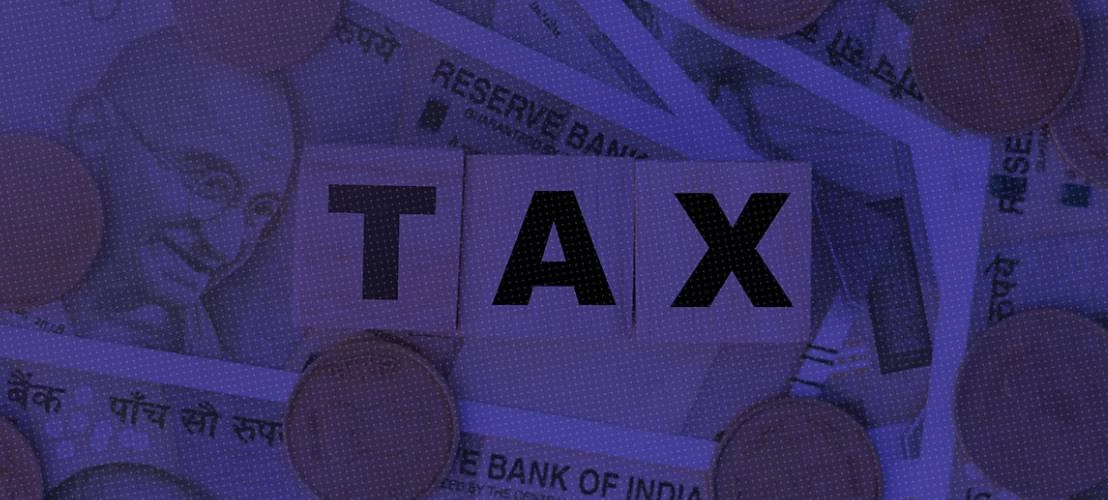The Department Related Parliamentary Standing Committee on Commerce has on 23 July 2021 submitted its Report reviewing the intellectual property rights regime in India.
The Committee in its 161st Report submitted before both the Houses of the Indian Parliament, while recommending the re-establishment of the Intellectual Property Appellate Board (‘IPAB’), has also suggested many changes in the Patents Act, 1970. Further, amongst many of its other recommendations, the Committee has suggested exploration of Patent Prosecution Highways (‘PPH’) with various countries and marking of products as ‘Patent Pending’.
Re-establishing IPAB
Observing that the overall scrapping of IPAB, which efficiently had been dealing with proceedings involving complex IPR issues, may create a void in appellate resolution and will increase pendency before the High Courts, the Committee desired that the abolition of IPAB should be reconsidered.
According to the Report, rather than being abolished, the IPAB should be empowered and strengthened with more structural autonomy, infrastructural and administrative reforms, while it should be ensured that there is timely appointment of officials and experienced manpower.
It may be noted that the Committee also noted with distress the absence of any judicial impact assessment, or active consultations with stakeholders, prior to the abolishing of various tribunals, including the IPAB under the Tribunals Reforms (Rationalisation and Conditions of Service) Ordinance, 2021 in April 2021.
Changes in Patents Act
Section 3(b) of the Patents Act has been recommended to be amended to provide for a provision of a safeguard mechanism against the arbitrary exercise of power by the Controller in declining patents. The Committee also recommended that the provision be amended to limit the exclusion to only those inventions which are barred under any law for the time being in force.
Amendments in Section 3(c) have also been proposed. The Committee has recommended the Department to explore the feasibility of granting patents to non-living substances occurring in nature.
Regarding Section 3(j) which prohibits patenting of plant, seeds, varieties, species and essentially biological processes for production or propagation of plants, the Committee was of the view that an analysis should be conducted by the Department on approving the patents on plants and seeds favourable to agriculture sector, with a pre-condition of making Government of India as a participant in the patent.
The Committee has suggested that there should be certain flexibility in the provisions for allowance of minor errors and lapses to prevent outright rejection of patents being filed. It has suggested that hence, a revised petition with penalty or fee may be permitted under the Patents Act for minor or bona fide mistakes.
Regarding certain concerns raised by the United States Trade Representative (‘USTR’), in its Special 301 Report, which stated that Section 3(d) of the Patents Act fails to incentivize innovation that could benefit Indian patents, the Committee was of the view that India must not compromise on the patentability criteria under Section 3(d) as it protects us from evergreening of the patents. It noted that notes that the Supreme Court of India in Novartis v. Union of India had upheld the validity of Section 3(d) and its compliance with the TRIPS Agreement and the Doha Declaration.
Patent Prosecution Highways (PPH)
The Committee has recommended the Department to explore opportunities in establishing PPH with other nations (India has PPH with Japan at present). According to the Committee, the PPH would be highly advantageous to India in expediting and processing of patent applications.
The PPH is an initiative amongst nations aimed at accelerating patent prosecution through sharing of information between patent offices of participating countries.
‘Patent Pending’ marking
The Parliamentary Committee has also recommended the Department to explore avenues in incorporating the practice of marking products with ‘patent pending’ in India. It noted that provision for status of ‘patent pending’ has been provided in the Patent Laws of USA.
The Committee in this regard was of the view that such labelling would acknowledge the credibility and authenticity of the product and hence yield marketing benefits to the patentees. According to the Committee, such marking will also act as a deterrent to IP crimes of unauthorized copying or counterfeiting of products and would thus avoid unnecessary infringements.







